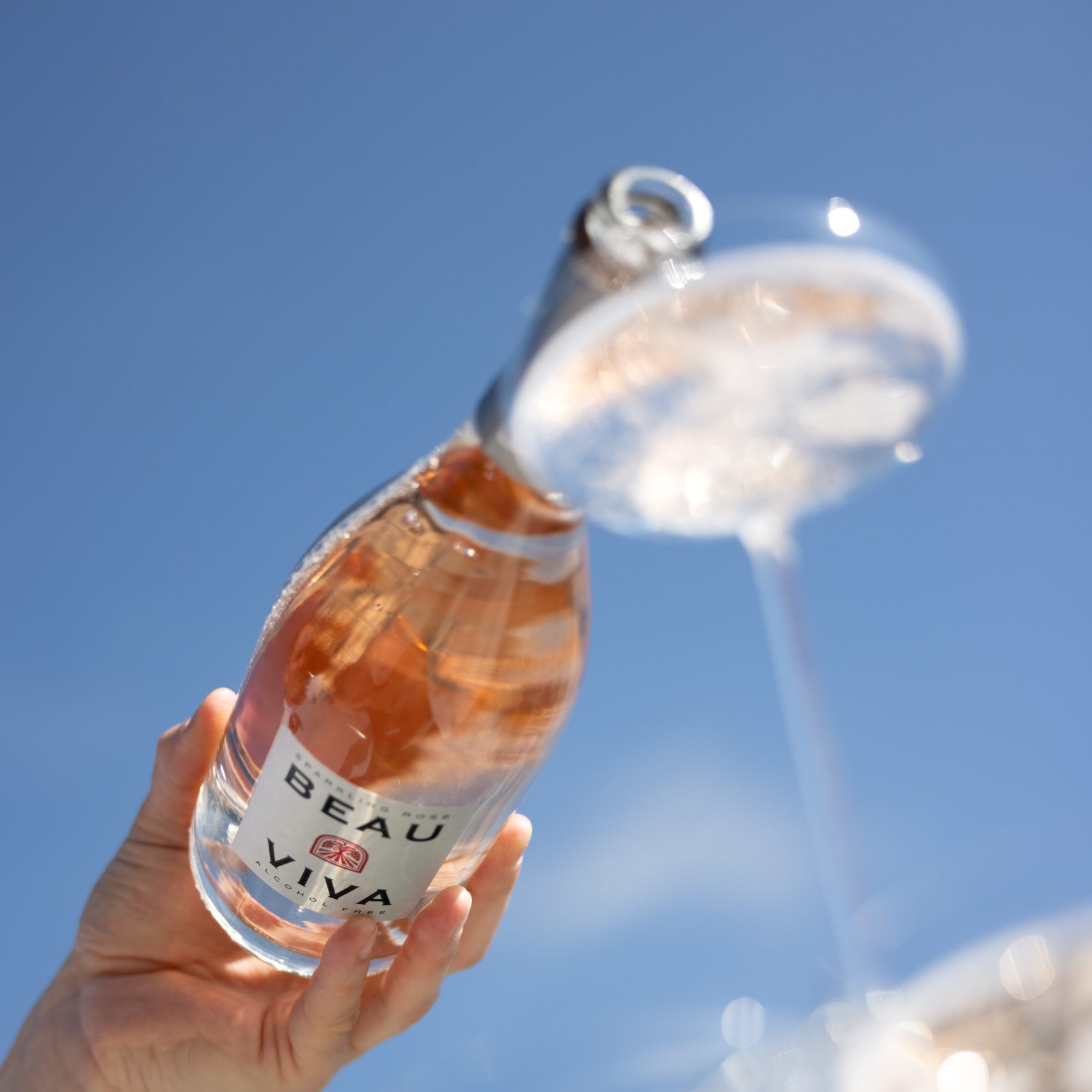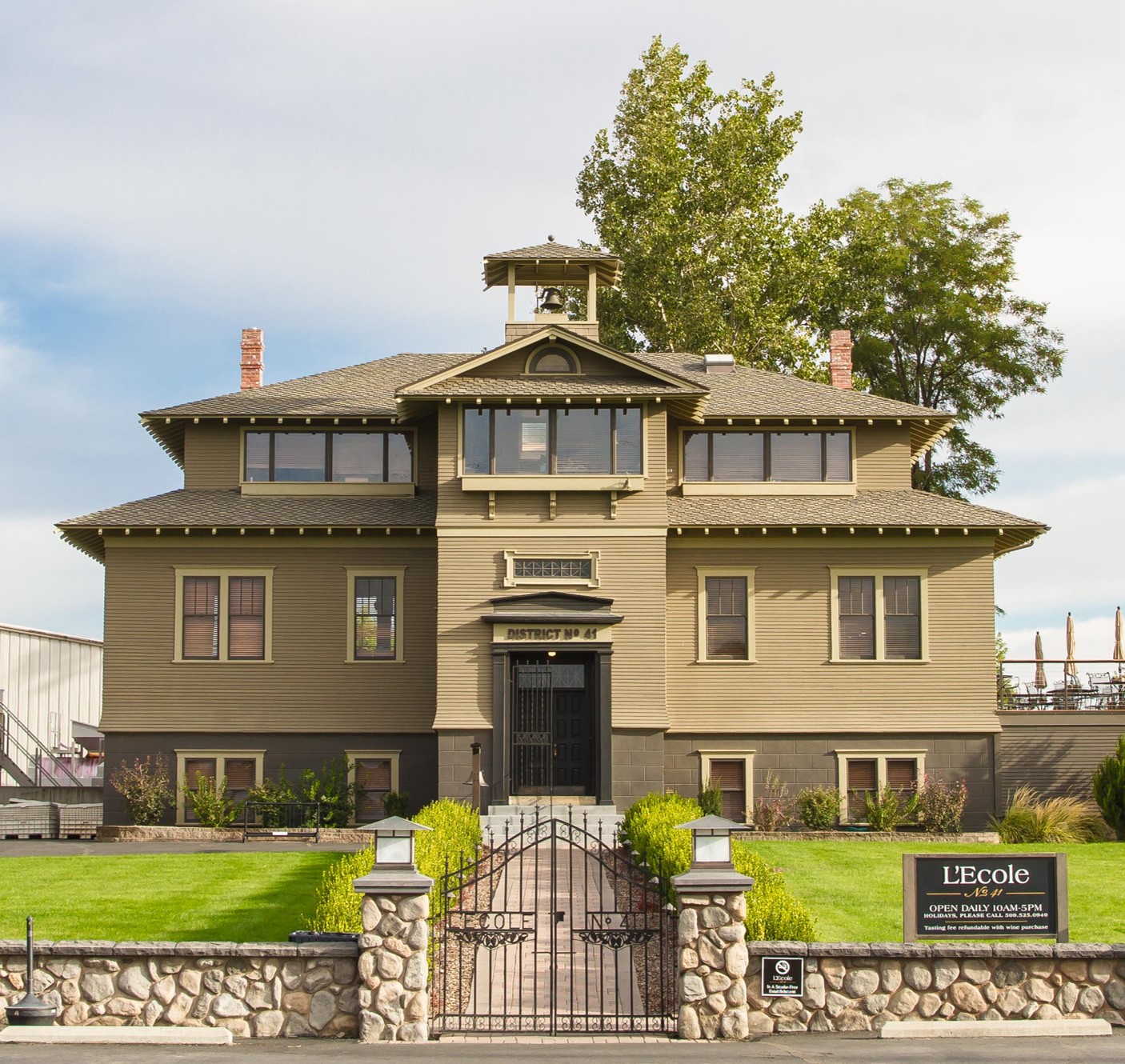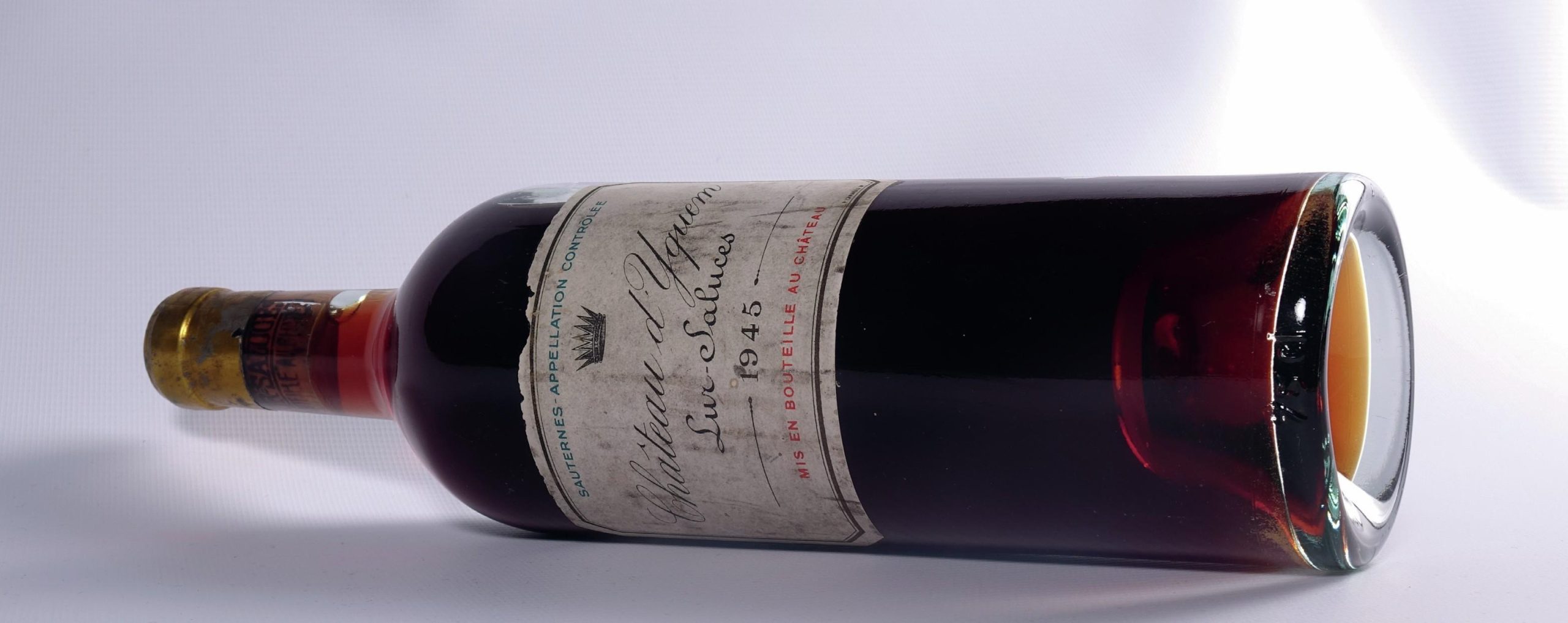Does gin really make you cry? New study shows how different alcohols affect our moods
A new study claims that the type of alcohol you drink can drastically alter your personality, but how much truth is really in the statement?
Researchers quizzed more than 30,00 people aged 18-34 from 21 countries around the world, asking them to describe how they felt after imbibing beer, spirits, red and white wine over the course of a year.
The anonymous survey, published in journal BMJ Open found that people believed red wine made them more lethargic than white wine. Meanwhile, despite over half of respondents claiming they had more energy and felt more upbeat after drinking spirits, they were also most likely to be associated with feelings of aggression, illness, restlessness and tearfulness.
There’s no shortage of studies into alcohol and health, and many routinely contradict each other.
In fact, a separate study carried out by US psychologists earlier this year found the complete opposite — that different types of alcohol have no bearing on the drinker’s personality whatsoever.
So, why does this study claim that gin makes you cry?
This is association. No causation. Isn’t spelt out clearly enough in the news piece. And the quotes at the end trot out the frankly stupid 14 units a week nonsense. https://t.co/UXOu0ibi7l
— Jamie Goode (@jamiegoode) November 22, 2017
Wine critic James Goode sums up the problem succinctly. The survey’s results reveal more about a person’s relationship with alcohol than its physical impact on our mental health.
The results are entirely based on participants’ self-reporting after consuming alcohol. This means that, while many of the respondents feel more aggressive after drinking spirits, there is no evidence to support the claim that people become more violent when they drink them.
On the other hand, in the study by the university of Missouri, scientists not only quizzed participants on their own perceptions of their behaviour on alcohol, but also plied them with vodka lemonades before getting them to take part in group activities which would highlight certain personality traits.
While participants themselves reported lower levels of conscientiousness, openness to experience, agreeableness, higher levels of extraversion and emotional stability, there was a “far less drastic” perceptible difference between “sober” and “drunk” personalities than they believed, according to observers.
Partner Content
The only visible difference in terms of personality was extraversion, with participants becoming more extroverted than their ‘typical sober’ self.
“We were surprised to find such a discrepancy between drinkers’ perceptions of their own alcohol-induced personalities and how observers perceived them,” the University of Missouri’s Rachel Winograd told the drinks business in May.
Numerous studies have disproved the idea that different drinks can change your personality. in 1984, researchers injected rats with different types of hard liquor and monitored them for a difference in behaviour. While the rodents were ratted, they all exhibited the same behaviour no matter what they drank, according to the Atlantic.
Meanwhile, a study of 40 studies into alcohol consumption in 2010 also showed that many people simply exhibit the behaviour they associate with a spirit.
“Placebo effects that are observed often appear to be due to the individual attempting to compensate for the expected effects of the alcohol,” the report concludes, “rather than the individual behaving according to some alcohol expectancy.”
So, if you keep finding yourself in a heated debate over the Single Market every Friday, don’t blame the Scotch.
But the latest news does provide an insight into why we drink what we do, and when.
Dr John Larsen, from Drinkaware, told the drinks business the results can help us see when a drinker might be putting themselves in danger.
“These expectations and motivations for drinking will influence how people actually behave when they have been drinking,” he said, “and may in some situations lead people to drink at levels likely to cause them harm.”
“The UK Chief Medical Officers’ guideline for both men and women states that in order to keep health risks from alcohol to a low level it is safest not to be drinking more than 14 units a week on a regular basis.
“If people drink above the low risk unit guidelines, in the short term they can put themselves at risk of accidents and injuries. In the long term, this drinking pattern can increase the risk of heart disease, liver disease, heart disease, stroke and mental health problems such as depression and anxiety.”





drink enough of anything and you’ll begin to act like a baby: cry, throw up, shit your pants and sleep until the morning. IG – KingBlockDean